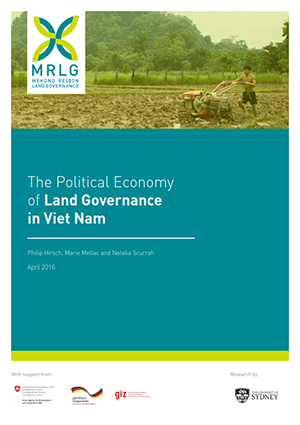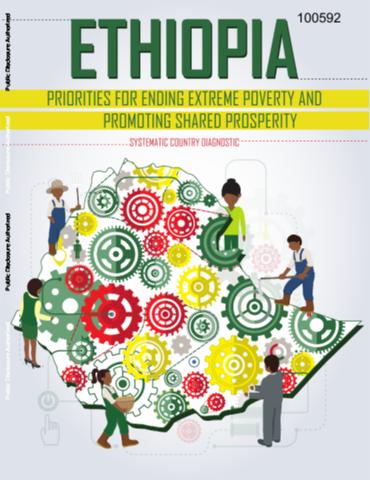Myanmar-World Bank Group Partnership
Myanmar grew at an estimated 8.5 percent
in real terms in 2014-15. Economic reforms have supported
consumer and investor confidence despite business
environment and socio-political challenges. The economic
impact of the floods that hit Myanmar from July 2015 is
still being assessed, but will likely adversely affect the
main rice crop this year. According to preliminary analysis
of census data, the areas most affected by the floods are





